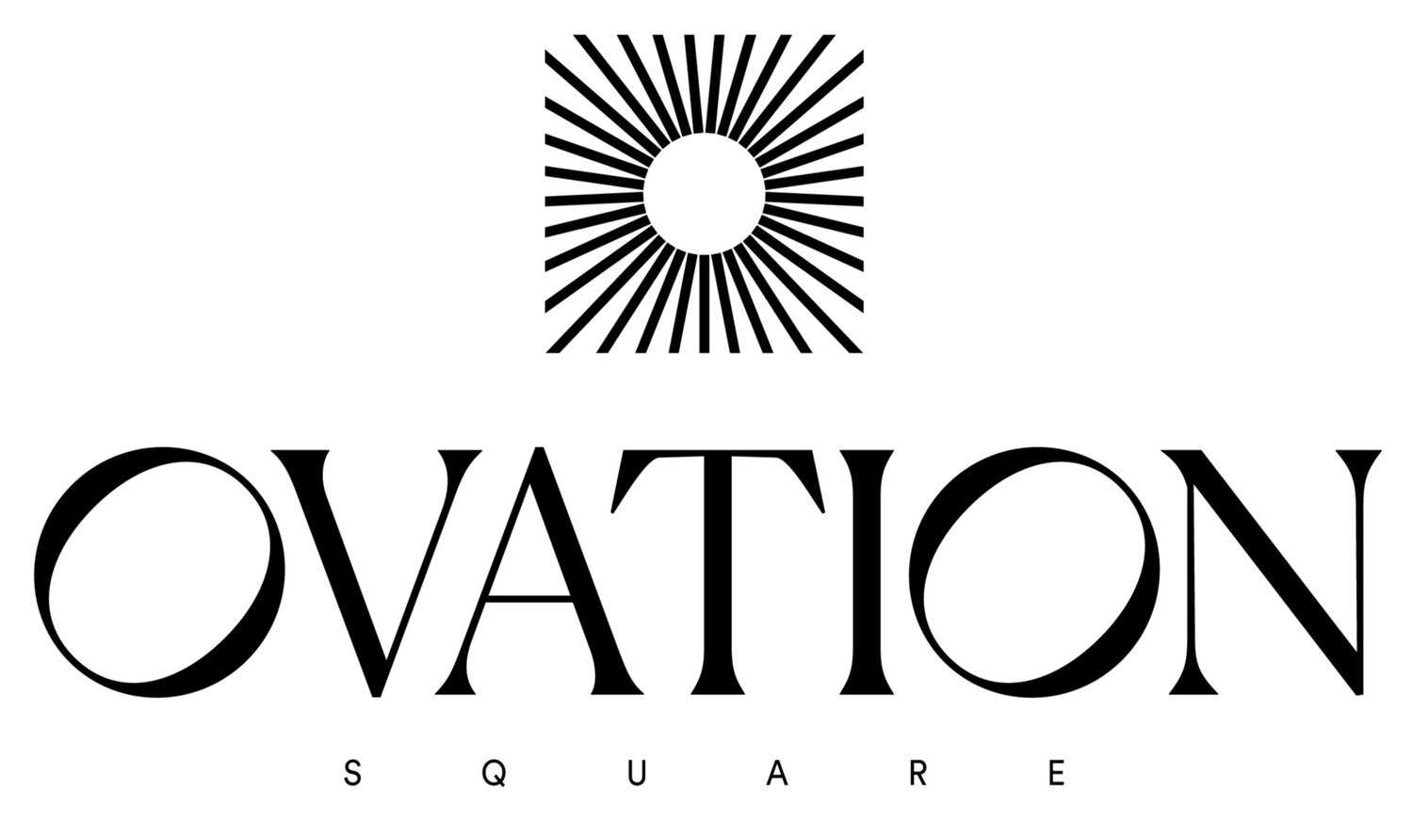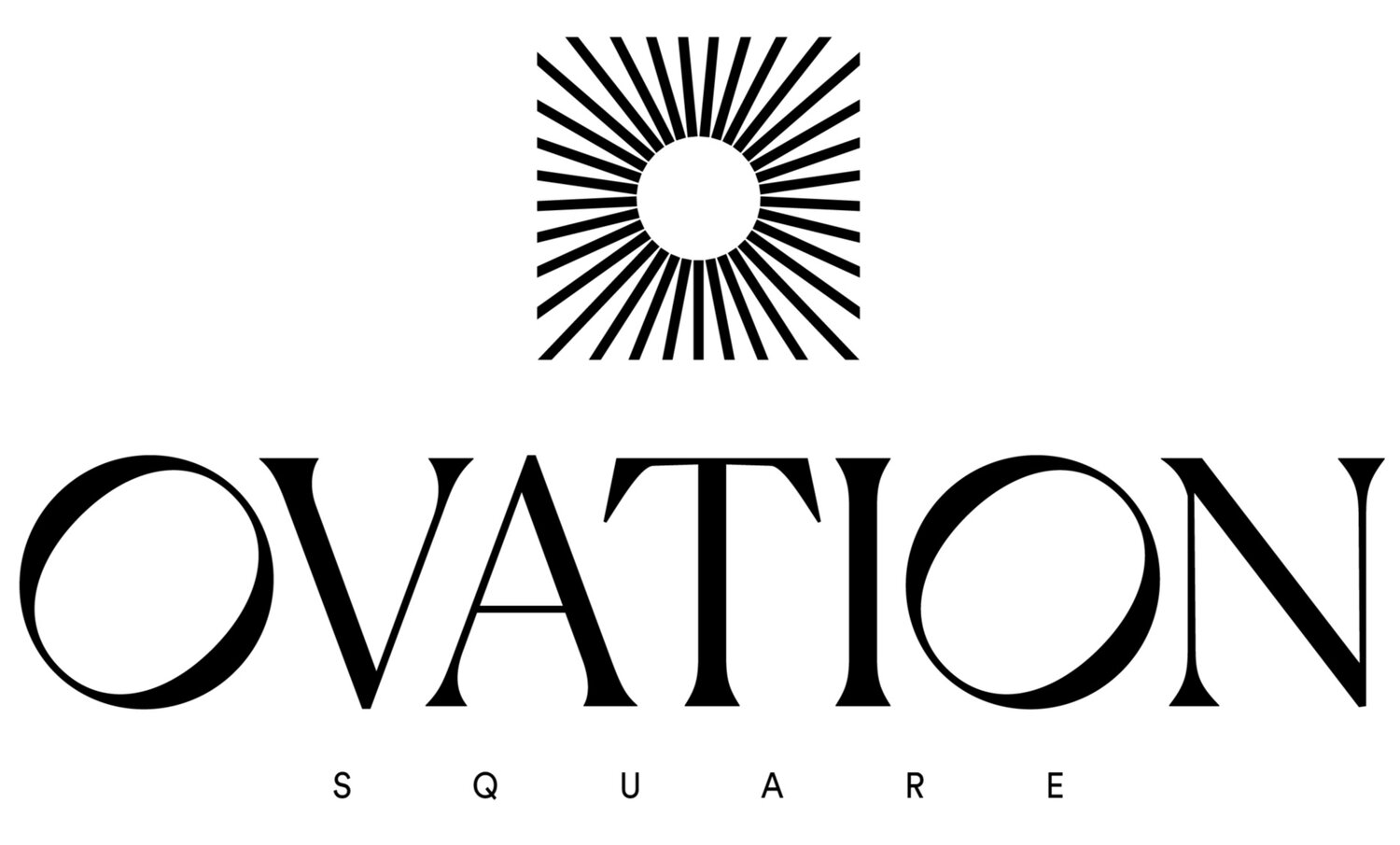How To Plan A Seminar
A seminar is a type of educational or professional meeting where individuals gather to discuss a particular topic or theme. These events can be organized by businesses, academic institutions, or professional organizations. Seminars are typically focused and informative, and attendees are encouraged to participate actively in discussions and activities. In this article, we'll explore how to plan a successful seminar and provide a checklist of things to consider during the planning process.
How to plan a seminar?
When planning a seminar, the first step is to determine the purpose and goals of the event. Is it a training seminar for employees, a professional development seminar for industry experts, or an academic seminar for students? Once the purpose and goals have been established, it's time to start organizing the event logistics.
Some of the key components of a successful seminar include choosing a venue, selecting speakers or presenters, promoting the event, and creating an agenda. It's important to choose a venue that is easily accessible and appropriate for the size of the event.
In Los Angeles, there are plenty of venue rentals available that can accommodate a variety of event sizes and budgets. Hiring an event management company or event planning expert can also be helpful in managing logistics and ensuring the event runs smoothly.
Types of seminar
There are several types of seminars, each with a unique focus and purpose. Here are some of the most common types of seminars:
Training seminar: These seminars are focused on educating employees or stakeholders on specific job-related skills or company policies.
Professional development seminar: These seminars are geared towards industry professionals and are focused on providing insights and best practices to help attendees advance their careers.
Academic seminar: These seminars are typically hosted by universities or research institutions and focus on sharing research and academic insights.
Sales seminar: These seminars are designed to teach sales professionals new techniques and strategies to improve their performance.
Motivational seminar: These seminars are focused on inspiring and motivating attendees to achieve personal or professional success.
Seminar planning checklist
Here is a checklist of important things to consider when planning a seminar:
Determine the seminar’s purpose and goals
Create a budget
Develop a marketing strategy to promote the event
Select speakers or presenters
Create an agenda and schedule
Plan for equipment and technology needs
Secure necessary permits and insurance
Prepare handouts or materials for attendees
Develop a plan for evaluation and feedback.
Planning a seminar requires careful consideration of a variety of factors, from choosing the right venue to selecting presenters and creating an agenda. By following a thorough planning checklist and seeking the assistance of event management professionals, you can create a successful and impactful seminar that meets the needs of your attendees and achieves your goals. Whether you're organizing a training seminar for your company or a motivational seminar for industry professionals, careful planning and attention to detail are key to a successful event.
Frequently Asked Questions
Q: What are some key factors to consider when planning a seminar?
A: Some key factors to consider when planning a seminar include the seminar's objectives, target audience, budget, event date, location, and event agenda.
Q: How do I choose the right location for my seminar?
A: When choosing a location for your seminar, it's important to consider factors such as the venue's accessibility, size, facilities, and availability. You should also ensure that the location aligns with the seminar's objectives and target audience.
Q: How do I market my seminar and attract attendees?
A: To market your seminar and attract attendees, you should develop a marketing plan that includes promoting the event through various channels such as social media, email marketing, and advertising. You can also offer early-bird registration discounts and engage with potential attendees through outreach efforts.
Q: What are some effective ways to engage and keep attendees interested during the seminar?
A: Some effective ways to engage and keep attendees interested during the seminar include incorporating interactive elements such as workshops, Q&A sessions, and networking opportunities. You can also incorporate multimedia elements such as videos and presentations, and ensure that the seminar's content is informative and relevant.
Q: What should I do after the seminar to follow up with attendees and measure success?
A: After the seminar, it's important to follow up with attendees through post-event surveys or email communication to gather feedback and measure the seminar's success. You can also track attendance numbers and analyze attendee feedback to make improvements for future seminars.


